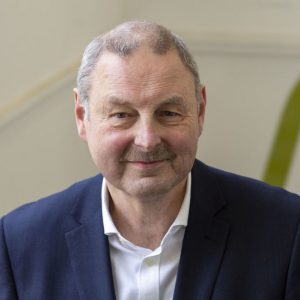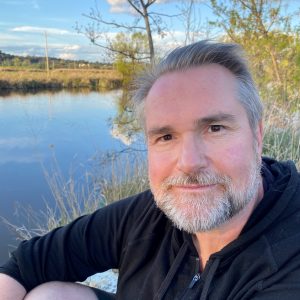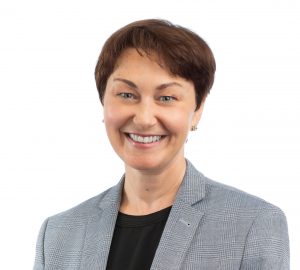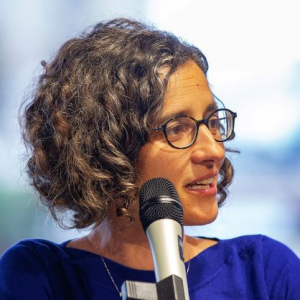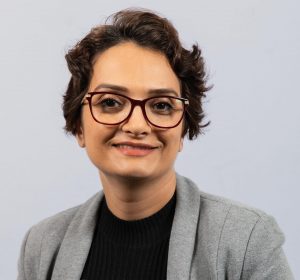Program Extras
In addition to lectures, the AMSI-MATRIX Winter School program includes a range of social and extra-curricular activities to share ideas and help you see your research in a new light, build your networks and get the most out of your experience in Creswick.
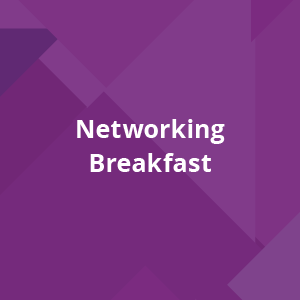
Networking Breakfast
Weekdays (Mon-Fri) – Dining Room
7.30am – 8.30am AEST
Join us for breakfast! Each morning of the program, gather with other attendees to enjoy a selection of toast, cereals, tea and coffee before heading into the classroom for a day of Winter School lectures and activities.
Note: Available for in-person attendees only
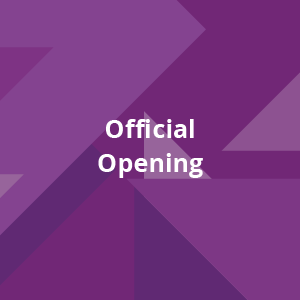
Registration and Opening Ceremony
Monday 1 September – MATRIX Creswick
Registration: 8.30am – 9.00am AEST
Opening Ceremony: 9.00am – 10.00am AEST
Introduce yourself and meet the Winter School team who will be your hosts for the next two weeks. You’ll have some time to collect your name badge and event swag (water bottle, notepad with pen, pocket program) before we officially open the 2025 Winter School on Mathematics for Action: Supporting Decision Making for a Better Future. Grab a seat and hear from our guest speakers.
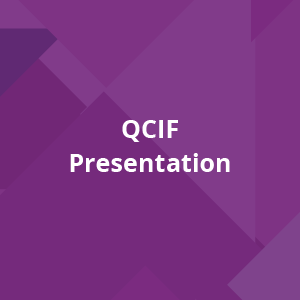
KeyPoint: eResearch platform for sensitive data
Monday 24 June – Forgan Smith (Building 01), E109, UQ St Lucia campus
3pm – 4pm
In this session, the team from QCIF will explore how KeyPoint’s unique integrated security measures facilitates data governance and access control for researchers, unlocking the full potential of sensitive data management.
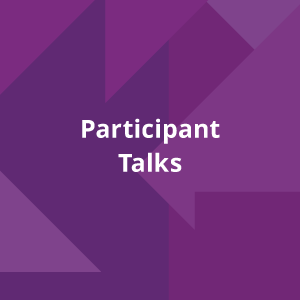
Participant Talks
Monday 1 September, 2.00pm – 3.00pm AEST- MATRIX Creswick and online (Room TBA)
Tuesday 2 September, 11.15pm – 12.15pm AEST – MATRIX Creswick and online (Room TBA)
Wednesday 3 September, 9.00am – 10.00am – MATRIX Creswick and online (Room TBA)
Share your work with peers around the country, build networks and be in the running to win up to $400 in prizes!
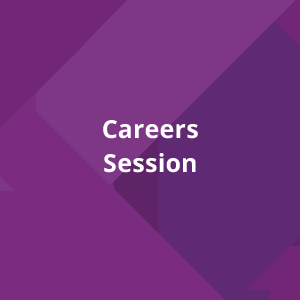
Careers Session
Tuesday 2 September – MATRIX, Creswick
From 2.00pm AEST
Join us as Les Trudzik takes us through his professional journey to date, offering valuable insights gleaned from his diverse roles in industry. Ask questions, and get tips for your own career path.
Les Trudzik
Dr Trudzik has an extensive background in mathematics, with a PhD in operations research from the University of Melbourne. He is a founding Director of In2science, a peer mentoring program for secondary school students by science undergraduates, has over 30 years of experience in professional advisory firms, and is currently a Director and Board member of ACIL Allen Consulting. He has worked extensively with the public, academic and private sectors both in Australia and internationally, on major projects relating to education, science, technology, innovation and commercialisation.
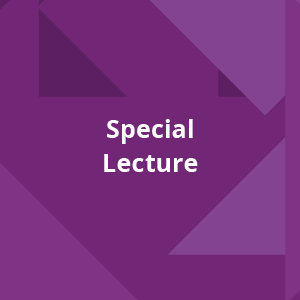
Special Lecture: Modelling Groundwater: Maths and Physics Get Down and Dirty!
Presented by Professor Craig T. Simmons FAA FTSE
University of Newcastle
Wednesday 3 September – MATRIX Creswick
10.15am – 11.15am AEST
Groundwater makes up 97% of the Earth’s liquid freshwater—supplying half of our drinking water and almost half of all irrigation. Despite its importance, it is still one of the least understood natural resources.
This talk highlights the power of mathematical modelling in guiding environmental decisions across water, agriculture, mining, and energy. We’ll explore key challenges and innovations in groundwater modelling—from managing uncertainty and geological complexity to harnessing big data, risk-based frameworks, and high-performance computing for more accurate, integrated simulations.
Professor Craig T. Simmons FAA FTSE
Professor Craig T. Simmons FAA FTSE is Chief Scientist for South Australia. He is a leading groundwater scientist, recognized for contributions to groundwater science, science leadership, education, and policy reform, working across the public and private sectors. He is Pro Vice-Chancellor of the College of Engineering, Science and Environment at the University of Newcastle. Craig was Foundation Director of the ARC National Centre for Groundwater Research and Training, Pro Vice-Chancellor Research at Flinders University, and Executive Director for Mathematics, Physics, Chemistry and Earth Sciences at ARC. Craig is a Fellow of the Australian Academy of Science, Australian Academy of Technology and Engineering and American Geophysical Union. He has received awards including the Australian Academy of Science Anton Hales Medal for distinguished contributions to research in the Earth Sciences, South Australian Scientist of the Year, Australian Water Professional of the Year, and International Association of Hydrogeologists Presidents’ Award. He is a lead author of the United Nations World Water Development Report “Groundwater: Making the Invisible Visible” and coauthor of the United Nations Intergovernmental Panel on Climate Change (IPCC) Sixth Assessment Report.
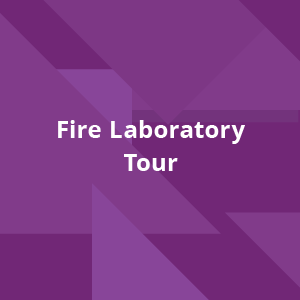
Fire Laboratory Tour – FLARE Wildfire Research
Thursday 4 September
5.30pm – 6.30pm, FLARE Wildfire Research, The University of Melbourne (Creswick Campus)
Visit the Fire Laboratory at FLARE Wildfire Research and see first-hand examples of how bushfire research is conducted.
In-person event only
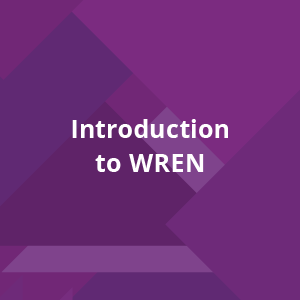
Find Your Gang: Creating Space for Women to Thrive in Academia with WREN
Presented by Dr Marcella Papini
University of Newcastle
Friday 5 September – MATRIX Creswick
3.00pm – 4.00pm AEST
This presentation highlights the work and impact of the Women’s Research Engineers Network (WREN), an international, grassroots initiative designed to support women junior researchers in male-dominated areas. Established in 2021 through a bilateral collaboration between Australia and Brazil, WREN has since grown into a global network with active subcommittees in Australia, Brazil, Malaysia, and Indonesia.
WREN delivers free, inclusive programs that promote career development, international collaboration, and research visibility — all strategically aligned with and driven by the United Nations Sustainable Development Goals (SDGs). Signature initiatives include its annual symposium focused on the SDGs, academic writing and teaching workshops, and collaboration opportunities across borders and disciplines.
At its core, WREN encourages researchers to “find their gang” — to build supportive, empowering communities that foster belonging, resilience, and collective success. Now transitioning into a new phase of leadership, the network is committed to sustaining its mission by empowering the next generation of women academics to lead, shape, and grow WREN into the future.

Special Lecture: Optimisation for a Better World: How Mathematics Drives Sustainable Decisions
Presented by Professor Kate Smith-Miles
The University of Melbourne and OPTIMA
Friday 5 September – MATRIX Creswick
4.15pm – 5.15pm AEST
Optimisation is a powerful branch of mathematics that supports better decision-making across a wide range of industries and societal challenges. In this lecture, we will explore the role of optimisation in addressing complex, real-world problems, particularly those aligned with the UN Sustainable Development Goals. Several case studies – supporting SDG6 (clean water and sanitation), SDG7 (affordable and clean energy) and SDG11 (sustainable cities and communities) – will show how OPTIMA’s research and collaborations with industry partners are contributing to a more sustainable future.
Professor Kate Smith-Miles
Kate Smith-Miles is a Melbourne Laureate Professor of Applied Mathematics, Pro Vice-Chancellor (Research Capability), and Director of the ARC Training Centre in Optimisation Technologies, Integrated Methodologies and Applications (OPTIMA). With over 30 years of research in optimisation, machine learning, and interdisciplinary and industry collaboration, she has published 300+ refereed articles, supervised 30+ PhD students, and secured over $30 million in research funding. Her pioneering Instance Space Analysis methodology, supported by a 5-year Laureate Fellowship from the ARC, has been adopted globally after the launch of MATILDA (matilda.unimelb.edu.au) —an online tool for rigorously “stress-testing” algorithms. Kate’s research has been recognised with numerous awards, including the Australian Mathematical Society Medal (2010), EO Tuck Medal (2017), Ren Potts Medal (2019) and Moyal Medal (2023). In 2024, she was appointed an Officer of the Order of Australia (AO) for her distinguished service to tertiary education, applied mathematics, and as a role model and advocate for women in STEM. She is also a regular consultant to industry and an active mentor, particularly committed to increasing female participation in mathematics.

Special Lecture: From Equations to Equity: A Journey Through STEM and Teacher Education
Presented by Professor Elena Prieto-Rodriguez
University of Newcastle
Tuesday 9 September – MATRIX, Creswick
4.30pm – 5.30pm AEST
This presentation traces the professional journey of a female mathematician and computer scientist whose career evolved into a sustained commitment to equity in STEM education. Drawing on personal insight and research, Professor Elena Prieto-Rodriguez explores how awareness of under-representation in STEM has shaped her focus on teacher preparation and systemic change. The talk highlights two interconnected areas of research: the training of future mathematics teachers, and the retraining of out-of-field teachers, both essential to improving mathematics learning outcomes and addressing educational inequities. It also examines broader initiatives to increase participation in STEM—particularly for girls, women, and students from underrepresented backgrounds—demonstrating how inclusive teaching practices and identity development can open doors to lasting engagement in the discipline. Framed through both personal experience and empirical research, the presentation offers a coherent vision for how teacher education can serve as a powerful lever for equity and transformation in STEM fields.
Professor Elena Prieto-Rodriguez
Elena Prieto-Rodriguez is a Professor of Education at the University of Newcastle. She holds a bachelor’s degree in mathematics and a PhD in computer science. Since 2005, she has worked extensively in STEM education, including on several large-scale research projects totalling over $20 million in funding. She is currently engaged in research focused on the use of technology in mathematics learning and the professional development of out-of-field mathematics teachers. She also has a keen interest in equity issues in STEM education.

Special Lecture: Optimisation in Action: Unlocking Value and Driving Innovation for a Sustainable Future in Industry
Presented by Associate Professor Elham Mardaneh
Curtin University, Curtin Centre for Optimisation and Decision Science
Thursday 11 September – MATRIX, Creswick
5.30pm – 6.30pm AEST
Mathematical optimisation is increasingly central to decision-making in industries facing complex, large-scale, and sustainability-driven challenges. From agriculture and energy to mining and forest management, optimisation empowers industries to allocate resources more effectively, enhance operational resilience, and navigate uncertainty with data-driven precision.
This talk explores applied case studies where optimisation has delivered significant impact through academic-industry collaboration: improving grain harvest and on-farm storage logistics to boost yield and profitability (SDG12: Responsible Consumption and Production); scheduling oil and gas maintenance to reduce equipment downtime and operational disruption (SDG9: Industry, Innovation and Infrastructure); and managing forest ecosystems to balance timber production, carbon sequestration, and biodiversity conservation (SDG15: Life on Land).
These examples demonstrate how mathematical modelling and optimisation support strategic decisions that align industrial performance with the United Nations Sustainable Development Goals—showcasing the value of cross-sector collaboration in building more sustainable, efficient, and adaptive systems.
Associate Professor Elham Mardaneh
Elham Mardaneh is an Associate Professor in Applied Optimisation at Curtin University, specialising in mathematical modelling for complex industrial challenges in sectors like mining, oil and gas, and agriculture. Her work focuses on scheduling, logistics, and maintenance optimisation with strong industry collaboration. As a Chief Investigator at the ARC Training Centre, she leads research into data-driven asset strategies. A Fellow of the Operational Research Society, Elham integrates research into teaching to build practical, industry-ready skills. Her work advances the UN Sustainable Development Goals and promotes applied optimisation as a powerful tool for building smarter, more resilient systems.

Special Lecture 2
Wednesday 3 July – Room E109, Forgan Smith Building (01), UQ, St Lucia campus
1.00pm – 2.30pm | Lunch provided at 12.00pm
Solve puzzles, get clues and put it all together to make trading decisions on Optiver’s trading platform DeltaDash. Get ready to mathematically race against your peers in this competition for the top spot. Bring some pen and paper along with a mobile phone.

Participant Talks – Final
Sponsored by Optiver
Wednesday 3 July – Room E109, Forgan Smith Building (Building 01), UQ St Lucia campus
3.00pm – 4.30pm AEST
Share your work with peers around the country, build networks and be in the running to win up to $400 in prizes!
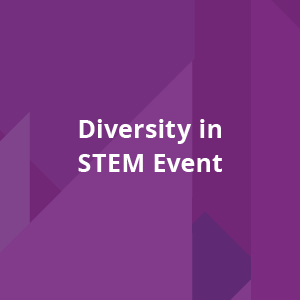
Diversity in STEM Event
Wednesday 3 July – Science Learning Centre, Priestley Building (67), UQ St Lucia campus
4.45pm, event to begin 5.00pm AEST | Refreshments provided
Join us to celebrate diversity in our STEM community.
This is a FREE in-person event aimed at tertiary students in the maths, stats and data sciences and related disciplines. Registrations are essential.
Panelists
- Morenikeji Deborah Akinlotan, Queensland University of Technology
- Jie Yen Fan, Monash University
- Mel Robertson-Dean, The University of Queensland
- Christina Tang-Fujiwara, VivCourt Trading
- Liam Timms, The University of Melbourne
- Master of Ceremonies, Meagan Carney, The University of Queensland
This is an in-person event only. It will not be recorded or live broadcast.

